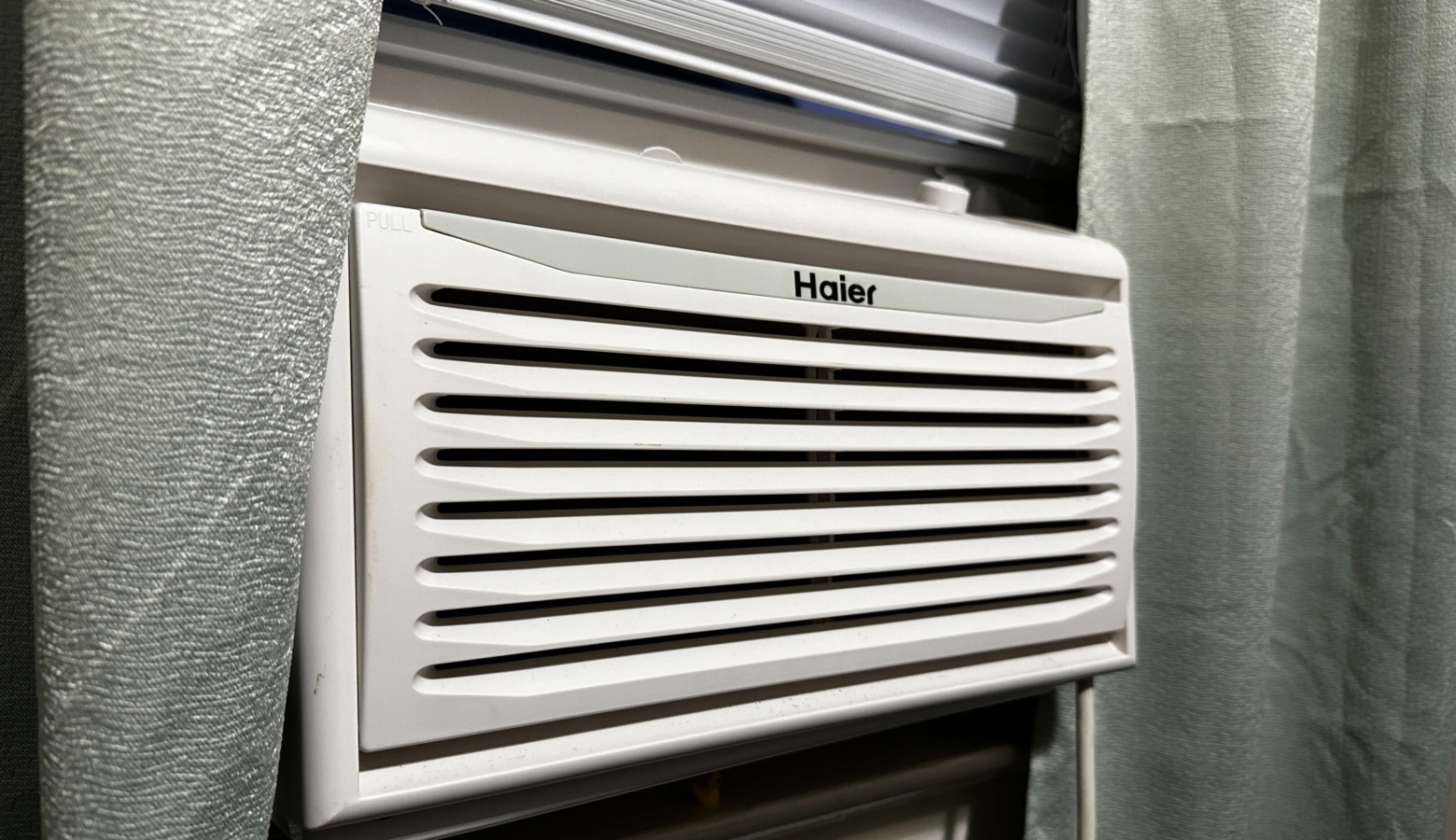Summer utility shutoffs can be deadly. Advocates say Indiana isn’t doing enough to prevent them

Extreme heat kills more people in the U.S. than tornadoes, hurricanes, floods or any other weather-related disaster. Advocates said Indiana lawmakers need to do more to protect people from getting their fans and air conditioners shut off in the summer.
Indiana ranks 31st in energy affordability. That means more disconnections and people choosing to forgo things like medicine to pay their electric bills.
Denise Abdul-Rahman founded the nonprofit Black Sun Light Sustainability and is the Indiana NAACP’s environmental climate justice chair. She said her family faced shutoffs when she was a kid and a teacher friend of hers died from a heat-related illness.
“She suffered from asthma. The school didn’t have air conditioning where she worked and taught, you know, and she died because of a severe attack on the job,” Abdul-Rahman said.
Black, Indigenous and Latino Hoosiers are especially vulnerable because they’re more likely to live in older, less energy efficient homes. Rural Hoosiers often don’t live near services like cooling centers. But even wealthier Hoosiers can face energy insecurity – 6 percent of people making $100,000 a year or more reported getting disconnected by their utility.
READ MORE: How can policymakers, property owners keep heating and cooling systems energy efficient?
Join the conversation and sign up for the Indiana Two-Way. Text “Indiana” to 765-275-1120. Your comments and questions in response to our weekly text help us find the answers you need on climate solutions and climate change at ipbs.org/climatequestions.
A law passed last year said state energy regulators have to consider affordability when making decisions — comparing rates with other states. Kerwin Olson with the Citizens Action Coalition said that doesn’t mean those rates aren’t still too high.
“Defining unaffordability or high energy burden we think is critical,” he said.
Olson said any energy cost above 6 percent of a person’s income should be considered high.
Among other things, advocates would like to see Indiana create a summer moratorium on shutoffs — something that at least 20 states already have, according to Indiana University’s Energy Justice Lab.
They’d also like to see payment plans based on income and have the state collect more data to better understand who is being harmed by disconnections.
Olson said the Citizens Action Coalition is also particularly concerned about the ability for utilities to turn off a customer’s power through smart meters and prepaid meters — which can disconnect your electricity if you don’t put enough money on your account ahead of time.
Indiana Democratic lawmakers have proposed several measures over the years to help customers afford their energy bills, most of them never received a hearing in the Senate and House utility committees.
Rebecca is our energy and environment reporter. Contact her at rthiele@iu.edu or follow her on Twitter at @beckythiele.

